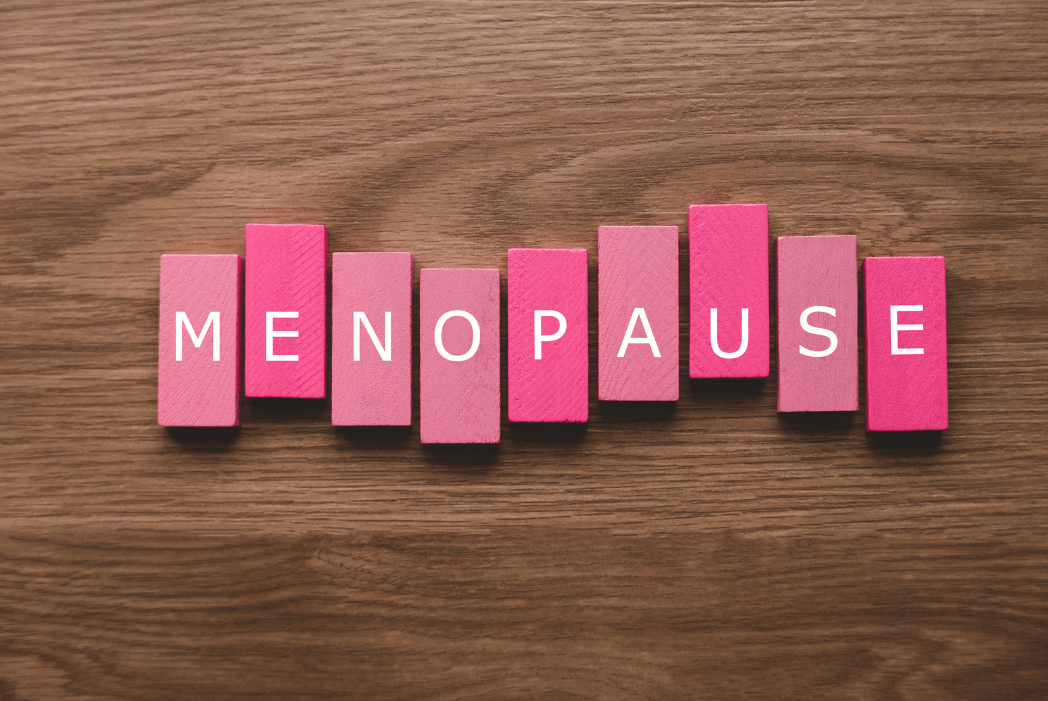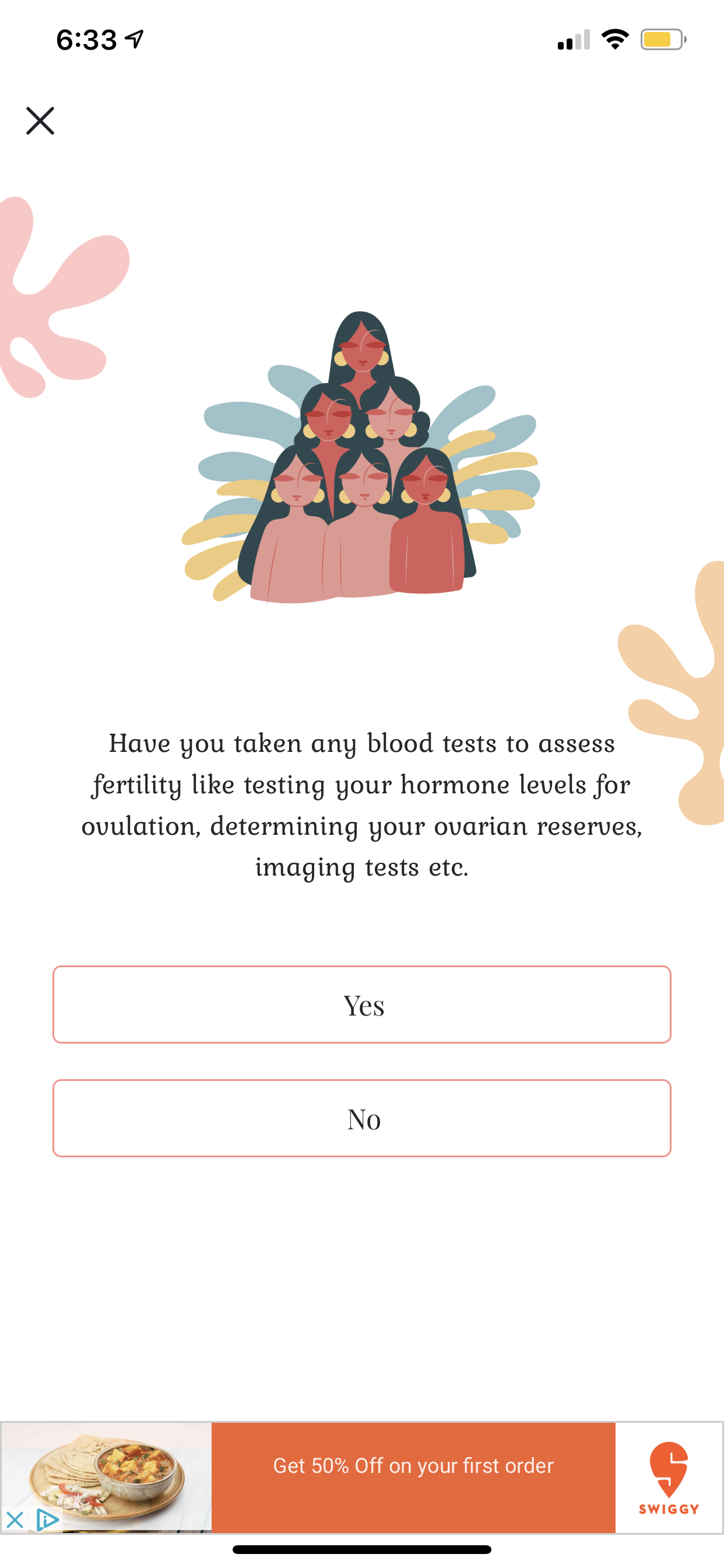Menopause is the official end of ovulation in woman and that is when a woman stop ovulating. Just like there is a natural age when a woman starts to ovulate, there comes a time when she stops ovulating and will not get pregnant anymore. One is officially diagnosed with menopause when she does not get her periods for 12 months continuously.1 On average, a woman hits menopause between the ages of late 40s to early 50s. However, ovulation can stop before this 12 months phase as well, or can happen very irregularly for a few months leading up to these 12 months.
There is a period of time before officially hitting menopause, called “perimenopause”. During this stage, it is possible for a woman to be pregnant since she may still ovulate, but not frequently. The classic symptoms which indicate that a woman is perimenopausal are irregular menstrual cycle/skipping periods, thinning hair, skin drying up, hot flashes, sleep problems, mood swings, weight gain, vaginal dryness, decreased metabolism, etc.2
Age range and factors determine when you actually get menopause. A woman is born with all the (approx 2 million) eggs. These eggs are initially in the form of egg cells until a woman hits puberty. Every month on average 10,000 eggs die before a woman hits puberty. The egg death and degeneration continues even for mature eggs, at an accelerated pace as we age. By the time a woman enters her late 30s, especially by age 35, there is a significant decline in reproductive hormones that regulate menstruation.3 This eventually reduces the number of eggs produced resulting in a decline in fertility. Almost by the age of 40 or later, a woman starts experiencing irregular or skipped periods, varying period flow, etc. People at higher risk of early menopause include those who have had oophorectomy (surgery to remove ovaries), hysterectomy (uterus removal surgery), chemotherapy/radiation therapy or have a history of early menopause in bloodline.4





